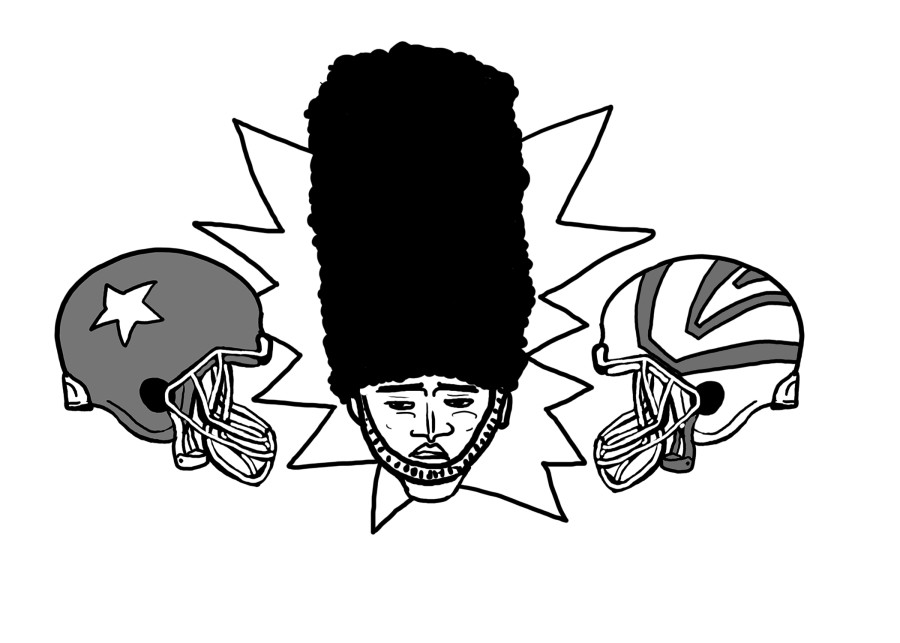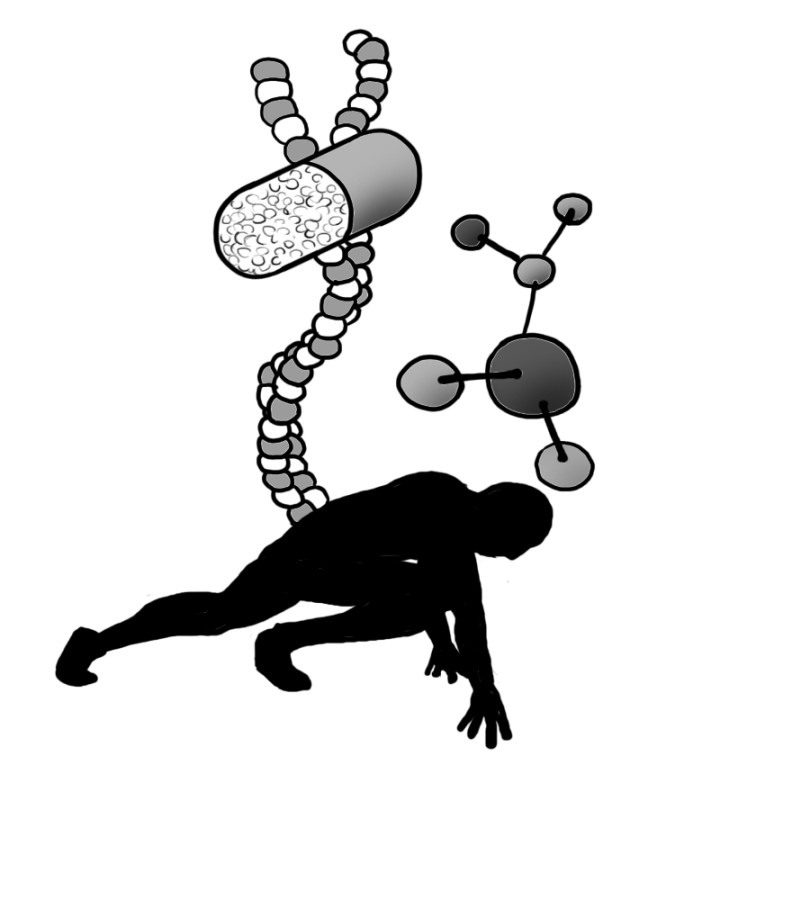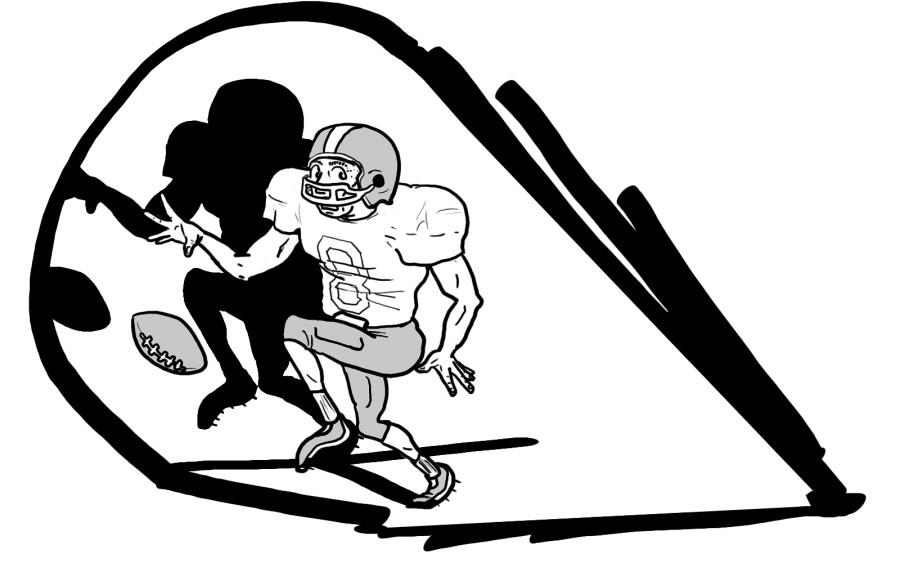
Billy: In her article “Learn a Lesson, Lose the Wins” in Sports Illustrated this March, Selena Roberts addressed Florida State University’s reaction to an NCAA ruling that disqualifies several wins from the school’s football program because of an academic cheating scandal. Roberts noted that while the university had to cut funding for some of its academic departments due to the economy, it is spending thousands of dollars on a case to reverse the NCAA’s ruling just to maintain credit for winning some football games.
Division I sports can provide a school with funding and bolster its reputation, but this potential tempts some schools to abuse the ideas of “college” sports and “student-athletes.” When FSU prioritizes the prestige and reputation of its football program, it suggests sports are meant to be a profitable big business, rather than a way to bring together the school’s community.
At a Division I university, I doubt I could feel a closer bond to a major varsity sports teams than to pro teams that are private businesses. Unless student-athletes live and go to class with the rest of the student body, they seem more like mercenaries than true representatives of the university.
This distance from the rest of the school does not discredit the actual competition or the character of athletes and coaches. In fact, an athlete such as UNC’s Tyler Hansbrough likely exemplifies the kind of work ethic and commitment that his fellow students can look up to. Nor is the concept of Division I sports (i.e. a venue of competition for the nation’s best amateur athletes) a problem. Instead, the problem is individual administrators who forget they lead an educational institution and not a big business.
In contrast to major Division I sports, Division III sports seem more connected to college communities. When I watch Whitman athletes compete after just seeing them in the same classroom as me, I feel like I’m watching the best our student body has to offer. When the athletic department created the W Club, I felt the school was looking to improve athletes’ experiences and win more games, not more money.
Division III lacks the media attention of Division I that helps casual fans become interested in sports. Because there was so much coverage of March Madness, tons of fans knew Hansbrough was a good player before they ever saw him play. But again, fans can feel more involved at a small school like Whitman, because Division III allows fans to form their own thoughts on the athletes and game.
Andy: I completely agree with your critique of Florida State, Billy, but at the same time, I think that Division I athletics should capitalize on the public’s interest when they can. You say that administrations sometimes treat sports “as big businesses” and that they lose a connection to the community when they do. I don’t think it’s fair to draw such a sharp line in the sand.
As an Oregon Duck fan, I know that men’s basketball is a huge money maker for the athletic department and that Phil Knight’s fingerprints are all over the program (you can’t get a much bigger business than Nike). Yet the seniors on the 2007-08 team that made the NCAA tournament all graduated early, balancing the sports big business with academic success. I’m sure there are other stories like this out there and that, with the exception of a few bad apples, there generally is a marriage between the business of college athletics and the student athlete experience.
Even if the Duck seniors hadn’t graduated early, I’d still argue that college sports should try and make as much money as possible. Several programs around the country, including the aforementioned University of Oregon, are entirely self-sustaining. While I disagree with how Jim Calhoun voiced this argument, the fact is that some programs give money back to their respective universities. In addition, a winning football or basketball program brings in more students and more attention to the university, which both amount to more money coming in. Clearly Florida State has crossed the line when their investigation dips into money that would normally be going elsewhere, but if athletic departments can graduate players while still making a boat load of money, why shouldn’t they market their sports as much as possible?
In terms of your comments on Division III’s intimacy, I definitely agree with your feelings about Whitman, but I don’t think the same is true of all Division III schools. If you’ve ever heard Stephen Curry talk about Davidson, it sounds exactly like Whitman, but still competes in Division I. In addition, some other Division III campuses have a sharp divide between the athletes and the regular student body. Here at Whitman, I don’t see a divide, which allows us to form those personal connections you were talking about. However, when there is a divide, I doubt that those students feel the same way we do. Therefore, I think we should not generalize to say that all Division III sports foster a sense of community and just appreciate that our local sports do.









